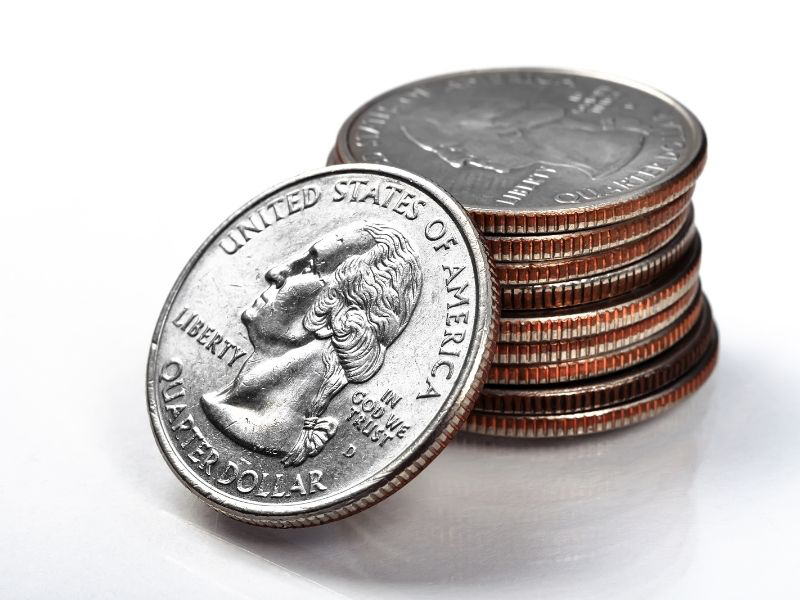U.S. Senators Mike Enzi (R-Wyo.) and Maggie Hassan (D-N.H.) have introduced bipartisan legislation to allow the U.S. Mint to adjust the metal content of circulating coins in an effort to save taxpayer dollars. The Mint estimates that, by adjusting the metal content of coins, the federal government could save between $10 million and $17 million a year.
“By tweaking the metal composition of our coins, the U.S. Mint could, in the short term, create more coins amid a temporary shortage and, in the long term, save millions of dollars every year without any significant changes to the coins’ weight or appearance,” Sen. Hassan said.
The bipartisan Coin Metal Modification Authorization and Cost Savings Act of 2020 authorizes the U.S. Mint to modify the metallic composition of circulating coins if that modification would reduce costs incurred by taxpayers and have minimal impact on the public.
Congress and the Mint have reviewed coin composition a number of times over the years, based on the fact that the production cost of some coins – including the cost of the raw materials – exceeds the face value of the particular denominations of those coins.
“There have been various legislative efforts to fix that issue,” explained Coin Laundry Association President and CEO Brian Wallace. “Of course, whenever the topic of coin composition arises, our concern zeroes in on the quarter. What if there were changes made to the quarter that made it difficult to accept the new coins in current coin drops and coin slides? Or what if there were potentially two versions of quarters in circulation simultaneously with varying weight, diameter and/or electromagnetic signatures? This would be a big problem.”
In the past, the CLA has submitted comments opposing such legislation through the Federal Register, with regard to the prohibitive cost of potentially hundreds of millions of dollars that it would require to replace every coin drop and coin slide in the laundromat industry.
In addition, the fact that the quarter’s production cost remains at about 9 cents per coin, versus its 25-cent face value, emphasizes that the quarter is not the problem.
However, with renewed interest in this issue on Capitol Hill, Wallace has been in contact with the legislative staffs for both Sen. Hassan and Rep. Mark Amodei (R-Nev.), who has sponsored similar legislation in the House, expressing the laundromat industry’s concerns over these types of changes. The CLA, along with a number of vending industry associations, also has reached out to its contacts at the U.S. Mint.
The result of these discussions appears to be a re-draft of the bill, which features amended the language, authorizing the Mint to indeed consider new coin metal compositions.
However, the revised legislation would require that there be industry stakeholder engagement and that any composition changes be “seamless,” meaning that the resulting coins would be accepted in the majority of existing coin mechanisms and would not result in a major financial impact on small businesses that rely on coins.
“There doesn’t appear to be an imminent threat to the quarter,” Wallace noted. “The CLA has been talking directly with the offices of the cosponsors of the legislation, and we are working with other trade groups that also are invested in making sure any changes to coins aren’t disruptive to our respective industries.
“The language of the bill has been amended in such a way that we are comfortable with it and in a position to support it.”
The Coin Metal Modification Authorization and Cost Savings Act is likely to be considered during the current Congressional session.







